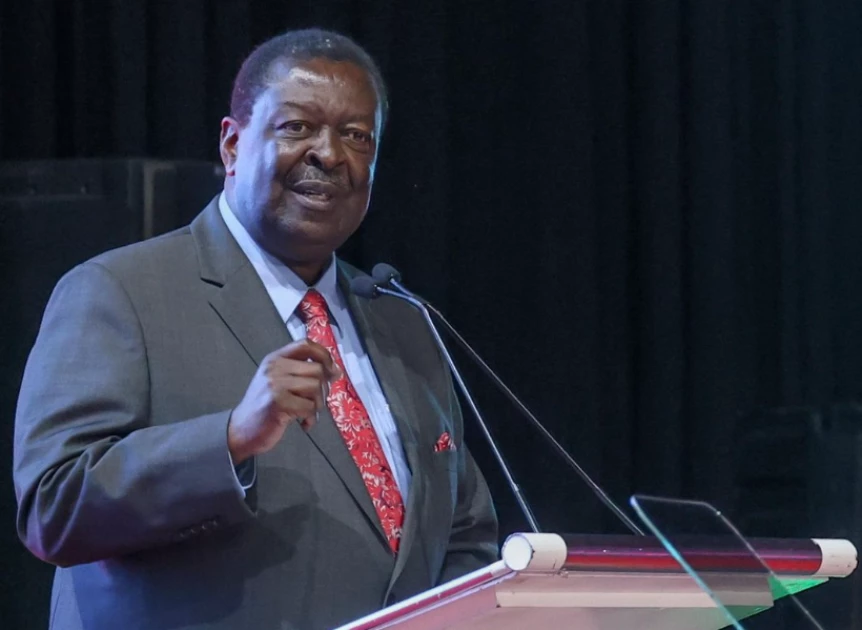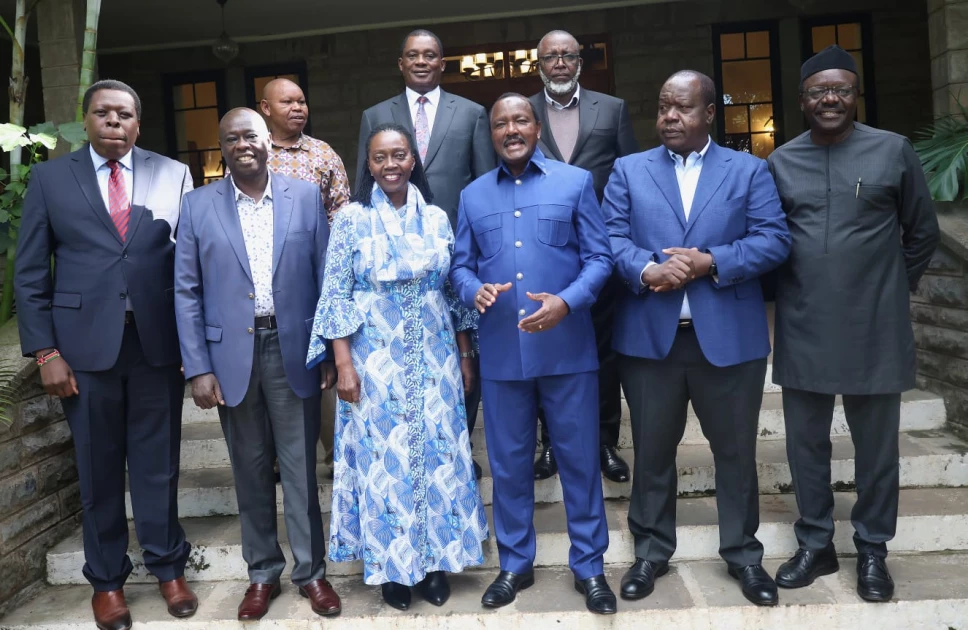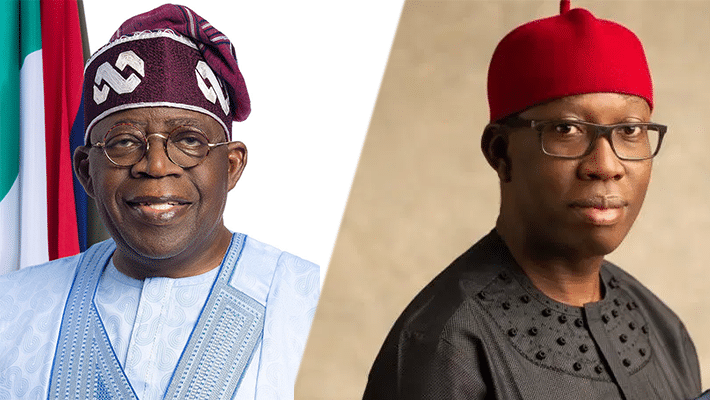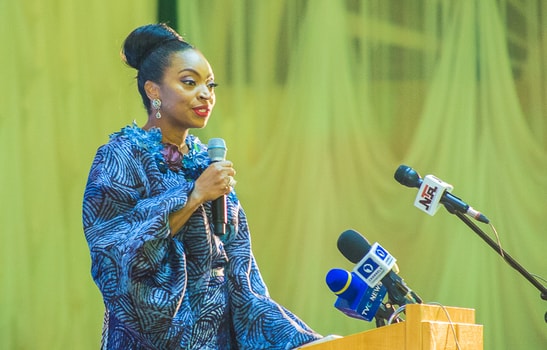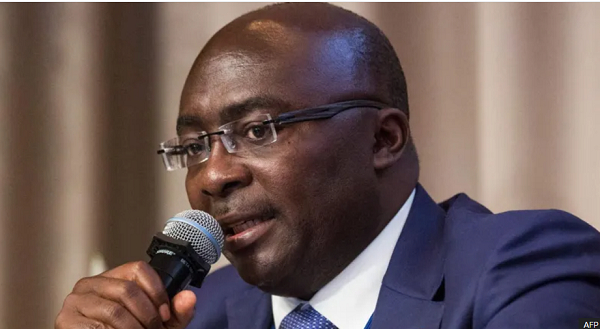China's US$51 Billion Pledge to Africa as a Model of Leadership
By: Sylvia Sinkari
Introduction
China recently pledged $51 billion to Africa during the Forum on China-Africa Cooperation (FOCAC), representing a new paradigm in international collaboration aimed at mutual growth. This substantial investment underscores China’s evolving role in global leadership and bilateral engagement, with a targeted focus on sustainability and knowledge sharing.
By gradually shifting its attention beyond infrastructure and resource extraction to broader sustainability and skills development issues, China is positioning itself not merely as a major investor, but as a global leader in shaping Africa’s economic future. This article explores the implications of this pledge for both China and Africa, particularly in terms of sustainable development, knowledge transfer, and collaboration.
The New Focus: From Infrastructure to People-Centric Development
Historically, China has been instrumental in Africa’s development through significant infrastructure projects, including railways, ports, and energy plants, enhancing connectivity across the continent. While these projects have brought people and places closer together, they have also raised concerns about creating dependency and neglecting the importance of fostering long-term economic empowerment. The relationship between China and Africa remains complex, showcasing both growth potential and the necessity for sustainable development.
The recent $51 billion pledge marks a significant shift in focus for:
Sustainability at the Core
Understanding sustainability is crucial. It means meeting today’s needs without compromising the ability of future generations to meet their own. This involves careful management of natural resources, environmental protection, and inclusive economic growth.
China’s focus on sustainability aligns with Africa’s increasing demand for climate-resilient infrastructure and renewable energy solutions. As the effects of climate change intensify, African nations require investments that address energy deficits while mitigating environmental risks. China’s pledge to Africa supports this vision, financing projects that promote sustainable development, such as clean energy initiatives and eco-friendly agricultural practices.
Knowledge Transfer: Empowering Africa’s Workforce
Knowledge transfer is a cornerstone of China’s engagement with Africa. When China invests in Africa, it brings with it knowledge and technologies that can spur innovation. Skill-building programs help workers acquire new competencies, leading to better job opportunities. This knowledge exchange is essential for building local capacities, driving long-term growth, and achieving economic independence.
China’s Leadership in a Competitive Landscape
China’s strategy stands in contrast to Western approaches to African development, which often emphasize conditional aid and governance reforms. China, however, presents itself as a partner focused on development and cooperation, embodying dialogue, mutual respect, and more equitable terms.
Challenges and Criticisms
Despite the positive aspects, the pledge faces several challenges:
Implications for Africa’s Future
China’s $51 billion pledge signals a commitment to addressing Africa’s core challenges while fostering a more equitable partnership.
Conclusion
China’s $51 billion commitment to Africa signifies a progressive approach to sustainability and knowledge transfer, highlighting collaboration rather than simple aid. By tackling critical issues such as unemployment, climate change, and technological capacity building, China is facilitating growth in African nations and establishing itself as a key player in global leadership.
Furthermore, China is setting a benchmark for inclusive and forward-thinking development partnerships. As nations increasingly recognize the importance of collective action in fostering sustainable futures, they can find guidance in China’s example. This initiative offers Africa an opportunity to redefine its international standing, ensuring that external investments align with the continent’s goals for a sustainable and prosperous future.
About author:
Sylvia Sinkari
Research Fellow, Africa-China Centre for Policy and Advisory.
Follow on Google News

